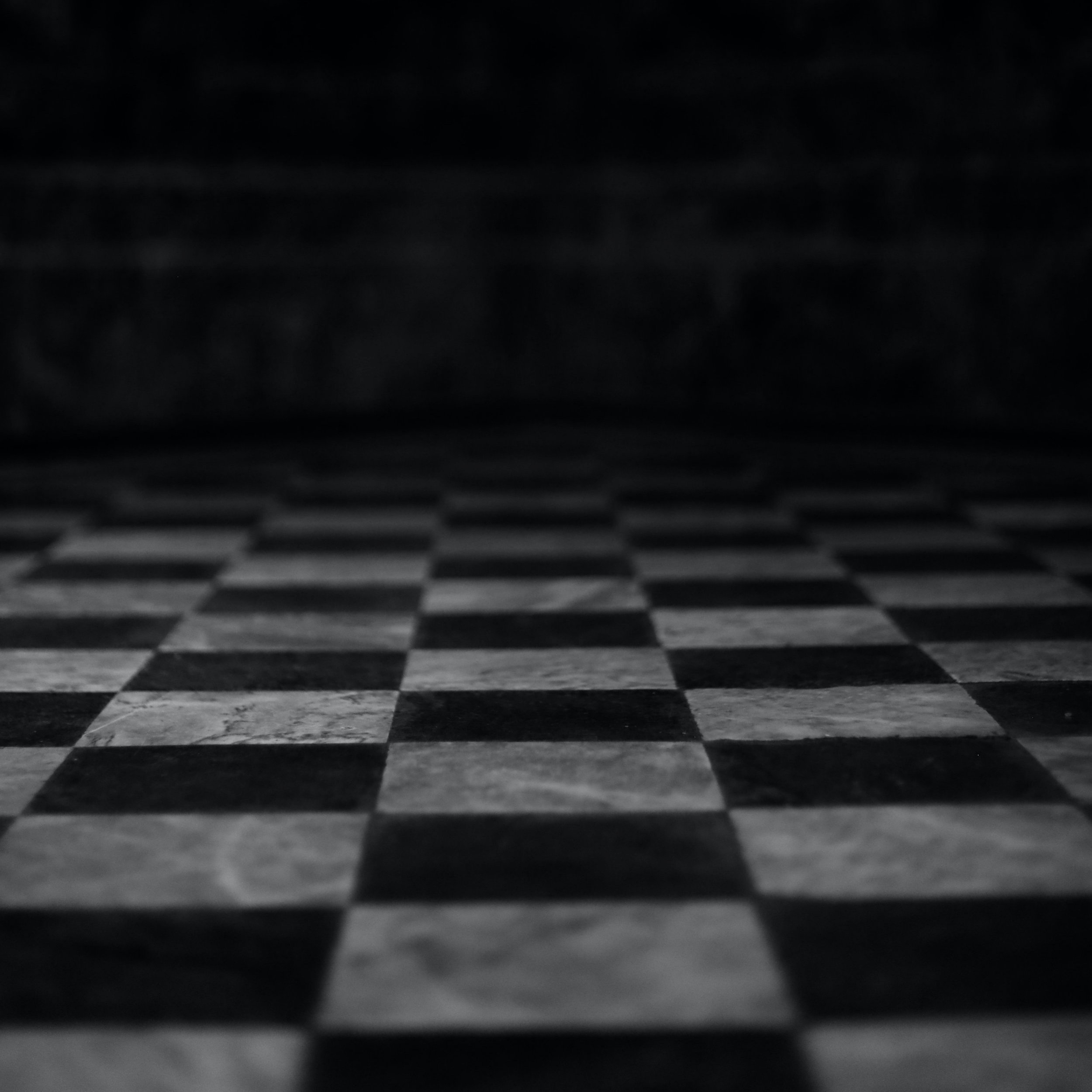It was in the year 1991, when Michael White* was interviewed by Andrew Wood, a Chief Social Worker of the “Child & Adolescent Mental Health Centre” in Bedford, Australia. In this interview he not only talks about how narrative questioning is subverting the normative fixations of the dominant discourse, he also introduces the concept of re-authoring in the therapeutic context.
Those questions that encourage people** to map the influence of the problems in their lives I interpreted as deconstructive – these questions serve to deconstruct the dominant and impoverishing stories that persons are living by. And those questions that invite people** to map their influence in the ‚life’ of the problem I interpreted as reconstructing, or re-authoring."
When Michael White is talking about re-authoring he is not referring to a technique close to re-framing, but instead points out that this process is putting any expert knowledge about change in brackets and engages all involved people “actively in the meaning-making as the primary authors of these alternative stories.”
That this is more than a variation of systemic thinking becomes clear when the dialogue is alluding to the work of Gaston Bachelard and his distinctions in the fields of imagination, specially his conception of images that are not re-presenting or reflecting what has happened, but images that are in a certain way constitutive or generative and are as such able to transform our lives. The peculiar quality of such images is that they are not future-oriented like one would expect, but reverberations of neglected experiences from the past. Experiences, which normally wouldn’t be remembered but suddenly ‘light-up’ and contribute to alternative storylines.
We talk about something between generation and resurrection, between inventing and discovering. And this is what we are doing when we re-author ourselves and the possible futures we are inscribed.
-----------------------
* Michael White: Re-Authoring Lives. Interviews & Essays.
** we refer to "people" instead of the original "family members"







